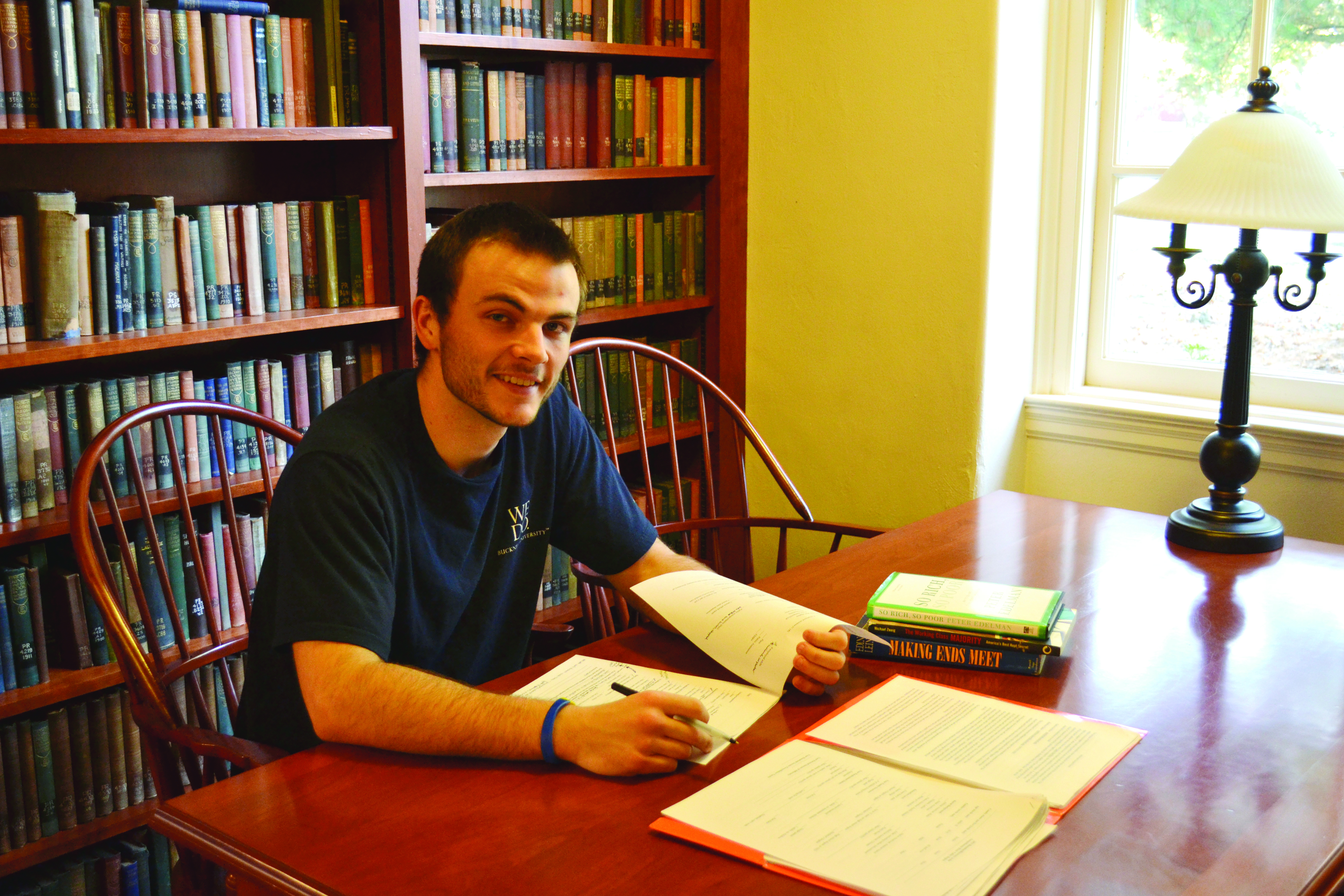Jen Lassen
Senior Writer
The Campus Theatre is well known for its impressive events, and it has not disappointed this year. Recently, the theatre hosted two filmmakers, Jem Cohen and Alla Kovgan, to speak about their most recent films for the Fall 2013 Bucknell Film/Media Series.
Cohen, a New York City-based filmmaker, known for his observational portraits of urban landscapes, visited the Campus Theatre on Oct. 1. His visit was sponsored by the University’s Art and Art History Department.
Cohen spoke about his newest film “Museum Hours,” which captures the beauty of Vienna in winter as perceived by a Canadian woman and a quiet, middle-aged museum guard who develop a friendship throughout the film. The film mainly takes place in Austria’s Kunsthistorisches Museum and focuses on how artwork reflects our world.
B-roll, which is typically referred to as background or extra footage in a film or television show, takes the spotlight in “Museum Hours.”
“We live in the B-roll,” Cohen said, referring to the the many shots of scenery in the film, some accompanied by music, others by silence.
On Oct. 8, New York-based filmmaker Alla Kovgan gave a presentation about her dance films and documentaries at the Campus Theatre. Kovgan has been programming for the St. Petersburg Dance Film Festival since 2000, as well as other venues worldwide, and she currently creates intermedia stage performances for the KINODANCE Company.
Kovgan showed clips from her films “Nora” and “Ritual in Transfigured Time,” along with some of her other clips, and she mainly discussed the relationship between dance and cinema. Her visit was sponsored by the University’s Theatre and Dance Department.
Rebecca Meyers, the academic film programmer for the University, highlighted the importance of participating in the opportunity to not only see films projected on-screen at the Campus Theatre, but to meet and learn from the filmmakers themselves.
“The opportunity for audiences to hear a filmmaker speak about his or her work enriches the cinematic experience, as does the space and time for reflection offered in a post-film discussion. In that setting, the dialogue between students, faculty, film-goers from the community, and the artist himself or herself illuminates how a specific film communicates the filmmaker’s intentions; equally important, we learn from this kind of conversation how to be careful, engaged viewers,” Meyers said.
Both Meyers and Associate Professor of English Eric Faden hope to bring more students to these filmmaker events so that anyone–Film/Media majors and Biology majors alike–can experience film in a unique way and actually meet the people who envision, direct, and produce the films projected on-screen.
“Over the last several years, [the University’s] Film/Media Studies department has hosted screenwriters, sound designers, visual effects artists, producers, as well as filmmakers. We bring these professionals to The Campus Theatre for two main reasons. First, films require a huge amount of craft and labor that’s not necessarily obvious on the screen. Thus, film professionals illuminate the work carried out behind the scenes so students and the community can understand how films create meaning and mood. Second, visiting film professionals provides an important networking opportunity for students. The media industry is super competitive and it is important for students to make connections with working professionals early in their careers,” Faden said.
